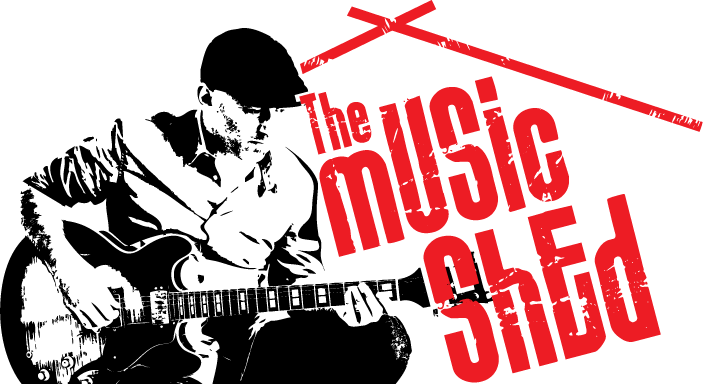1. The Zombie Practice Approach: A Common Pitfall
Practice makes perfect? Well not really; It’s more like “perfect practice makes permanent” Many students and professionals are trapped in the routine of blankly playing through what they’re trying to learn, with no success. The “zombie” approach (as I like to call it), fails at doing anything except making you feel terrible about your playing.
2. Deliberate Practice for Success
If you want to succeed at practicing, you need to be fully aware and deliberate in your approach. Now, I do make an exception to the “mindless” sort of “auto-pilot” approach when dealing with muscle training. As a guitarist, I know there are a lot of finger exercises and patterns that can be effectively practiced on auto-pilot.
3. The Three Pillars of Effective Practice
Focus, Timing, Organization – these are the three pillars that make your practice sessions effective. Let’s delve into each one:
- Focus: For practice to be effective, you can’t be distracted. Make sure when you’re practicing, that you only do it for as long as you can stay focused.
- Timing: Everyone has points throughout the day or night, where they’re most productive. Practicing during these peak periods of production and creativity (if you can arrange it), will ensure you’re getting the most out of your time.
- Organization: Don’t rely on memory to keep track of your progress. Use a planner and keep a daily record of your goals and your own objective view of your practice session.
4. Example: Setting and Achieving Goals
Example: Goal – Play 1st two solos of “sweet child of mine” in sync with music. Method, Example Observations, Analysis – these steps can significantly enhance your practice sessions.
- Goal: Play 1st two solos of “sweet child of mine” in sync with music
- Method: Warm up with pentatonic shape used for solo (asc/desc and sequences). Review each phrase with metronome. Practice entire solo with music
- Example Observations: I’m not properly articulating all the bends ie. Pre-bend, bend release, gradual bend etc. Also, my pitch during the bends isn’t precise
- Analysis: You need to be good at problem-solving your progress.
5. Problem-Solving for Continuous Improvement
Keep in mind, that this process is more for experienced players, who are at the point where they are building repertoire consistently. If you’re a beginner or a younger student, this approach would need some tweaking.
6. Happy Practicing!
Read more about what we do here at the Music Shed or contact us to book a free trial lesson!
